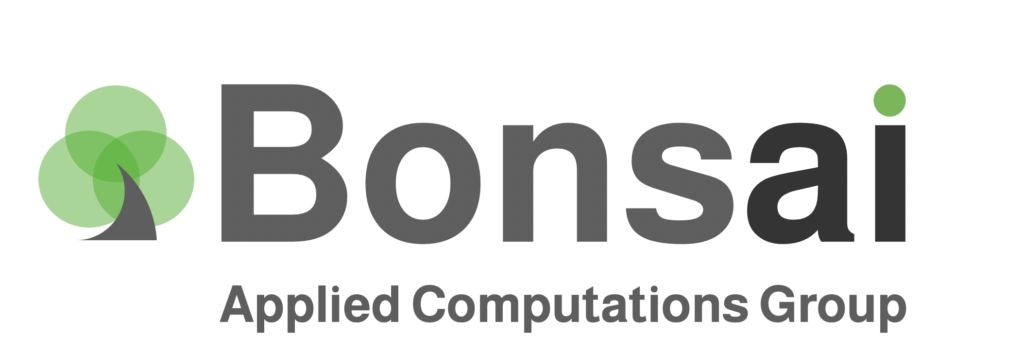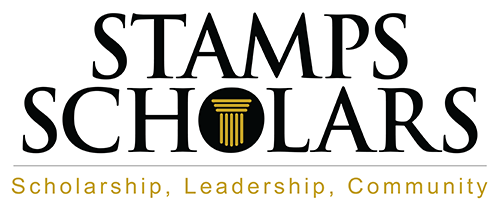
At the University of Miami, Stamps Scholars Alexandr Kim, Ethan Tieu, and Taylor Lin have teamed up on the innovative Bonsai Applied Computations Group, a new organization aimed at bridging the gap between technical computer science (CS) talent and research projects across diverse domains at the institution.
Kim, a founding member of Bonsai and part of its executive board, shared insights into the project’s genesis and its overarching mission. “We noticed there was a deficit of research opportunities for computer science students at UMiami, but there is an abundance of talented CS students here,” said Kim. He and his team, consisting of 13 members in total, also noticed that many faculty members conducting research across disciplines lack computer science knowledge, thus having to outsource to find CS talent for their projects. “These are biologists. These are business students. And they don’t have the computer science background. Why not marry the demand from researchers with talented computer scientists? That’s what we’re trying to do.”
The organization operates through project teams, each supervised by a university faculty member. “Almost everyone involved in the organization is a computer scientist at heart, and almost everyone has a double major in another specialty from which they can draw.” This interdisciplinary approach allows for the fusion of computer science with domains such as marketing, neuroscience, and quantitative finance, among others. The organization’s logo, a bonsai tree whose foliage creates a triple Venn diagram, symbolizes the interdisciplinary nature of the project.
Though the idea for Bonsai was only conceived in December 2023, the team has already taken on a diverse set of projects, from developing tools for diagnosing neurodegenerative diseases headed by Tieu, to developing algorithmic trading strategies under Sam Pass, to conducting correlational studies in marketing using large datasets from platforms like Twitter under Kim. At the core, Bonsai is a pro-bono research and consultation organization, but in some cases, students are offered authorships and other forms of credit for their meaningful contributions.
The collaborative ethos within Bonsai fosters a vibrant community of students driven by a shared passion for innovation. “We’re having fun,” said Kim. “You walk into our meeting room and everyone is working on some sort of interesting gadget. This is how a technical university functions, where people are working on these different projects and there’s an exchange of ideas happening in the meetings. That’s what it has felt like so far – a technology lab.”
Kim emphasized the newness of the project, though envisions a future brimming with new projects and innovations. With plans for expansion and a roster of computer science students eager to participate, the project is poised to become a hallmark of interdisciplinary research at UMiami. “We actually have a big backlog of projects that we weren’t able to take on because we didn’t have enough people this semester. The idea is to eventually expand and fill that demand,” said Kim. “Next semester you should expect to see way more projects and interesting innovations. It’ll be great.”
On working with fellow Stamps Scholars Tieu, Lin, and other contributing members such as Hannah Beatty, Kim shared, “The Bonsai culture is very friendly, accepting, and uplifting. That’s in no small part contributed by the Stamps Scholars. They are some of the best people at UMiami, and having access to those people and that network is awesome.”
